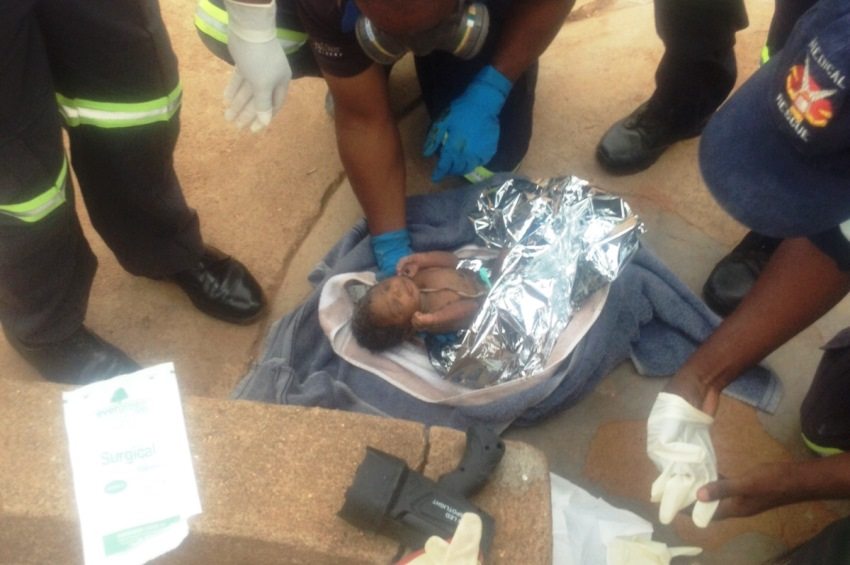HIGHLIGHT
Reports have it that a 20-year-old Durban woman has been arrested by the KwaZulu-Natal police for dumping her newborn baby in a pit toilet.

The Durban woman from Lindelani was arrested after residents informed police about the newborn inside the pit toilet.
Confirming the incident, Colonel Thembeka Mbhele related that the police only managed to retrieved the baby’s body.
The woman was subsequently arrested and is expected to appear before the Ntuzuma Magistrate’s Court on Friday on a charge of concealment of birth.
Currently, she’s receiving medical attention at a clinic under police guard, related Colonel Mbhele.
It was on the first day of this month that Amnesty International demanded for safe abortions for SA women and girls.
The demand follows a research it conducted with Women’s Health Research Unit of the School of Public Health and Family Medicine at the University of Cape Town.
According to the findings of the study, SA women and girls risk unsafe abortions that lead to serious health complications and death due to persistent barriers to legal abortion services.
While the research acknowledged that South Africa have one of the world’s most progressive legal frameworks for abortion, it unveiled that many SA women and girls, especially those in the poorest and most marginalized communities, struggle to access safe abortion services.
It was further disclosed that government’s failure to regulate the practice of ‘conscientious objection’ through which health professionals can refuse to provide abortion services, is a major factor mitigating against safe abortions for SA women and girls.
Identifying that it’s now 20 years since South Africa adopted the Choice on Termination of Pregnancy Act (CTOPA), the study observed that the implementation of CTOPA is inadequate.
That, Amnesty International observed, could result in violations of SA government’s obligations under international human rights law.
Speaking, Amnesty International’s Deputy Director for Southern Africa, Muleya Mwananyanda said: “no one, regardless of their social status, should be denied their right to make a decision about their pregnancy.”
According to her, deep inequalities in the health system continue to discriminate against impoverished women and girls.
“The National Department of Health must urgently intervene to ensure women and girls’ access to abortion is no longer at the mercy of health professionals’ personal attitudes,” charged Mwananyanda.









